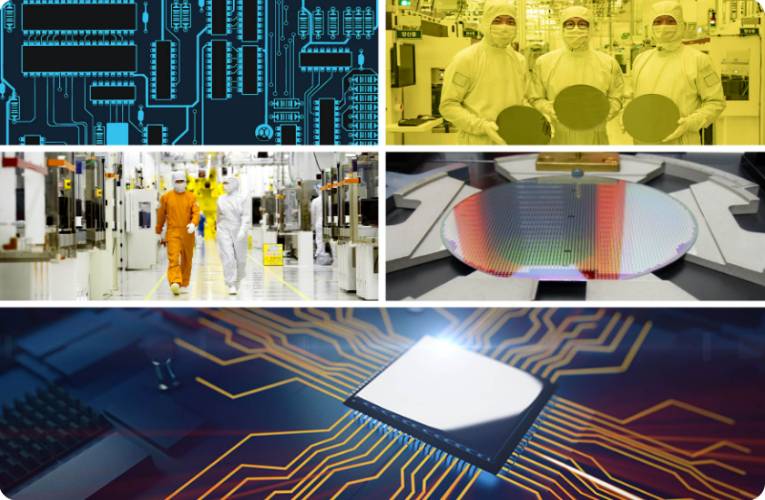
Industry experts have clearly stated that the supply chain ecosystem in Europe is inefficient to support a sudden spike in capacity
A new report has now surfaced that top suppliers to Taiwan’s semiconductor manufacturing firms are now planning to invest in the European market by setting-up the first cutting-edge chipset factory on the continent. In an exclusive interaction with the Financial Times, Vincent Liu, president and chief executive of LCY Group, a cleaning agents and solvents supplier to TSMC, said that they are planning for billions of dollars of investments in Germany to capture the entire European market and also developing the region's supply chain ecosystem.
A couple of chemical suppliers to TSMC have also opined that they are looking to invest in the European market as soon as possible. The investments initiatives by these companies exemplify the structural changes carried out by the government efforts all through the globe to bring back the chipset manufacturing to its original destination and protect supply chains of important technology from geopolitical scuffles and other challenges.
Liu further told the Financial Times that the semiconductor manufacturing procedure in Europe is not that efficient anymore and their supply chains have also shriveled up as they were completely dependent on mature technology for several years. As per the FT report, “Companies like Infineon are not using quality chemicals because their suppliers’ capacity is decades old,” he said. “They have no awareness of how much state of the art chemicals could help them raise their yield rates.”
For instance, in association with NXP semiconductor, Infineon, and Bosch, TSMC has decided to set-up a new fabrication unit in Dresden, Germany with an investment of €10bn. Additionally, Intel has also proclaimed to invest €30bn for two top-notch fabs in the north-west of Dresden. On the other hand, STMicroelectronics and GlobalFoundries have joined hands for a new fab in France with an investment of €5.7bn. Industry experts have clearly stated that the supply chain ecosystem in Europe is inefficient to support a sudden spike in capacity.
An anonymous spokesperson in an European petrochemical company stated that for more than decade Europe has failed to increase its capacity and the manufacturers are still using mature technology backed by 28-nm transistor gates. Even now, the most sophisticated chips are utilizing 10-nm transistor gates.

